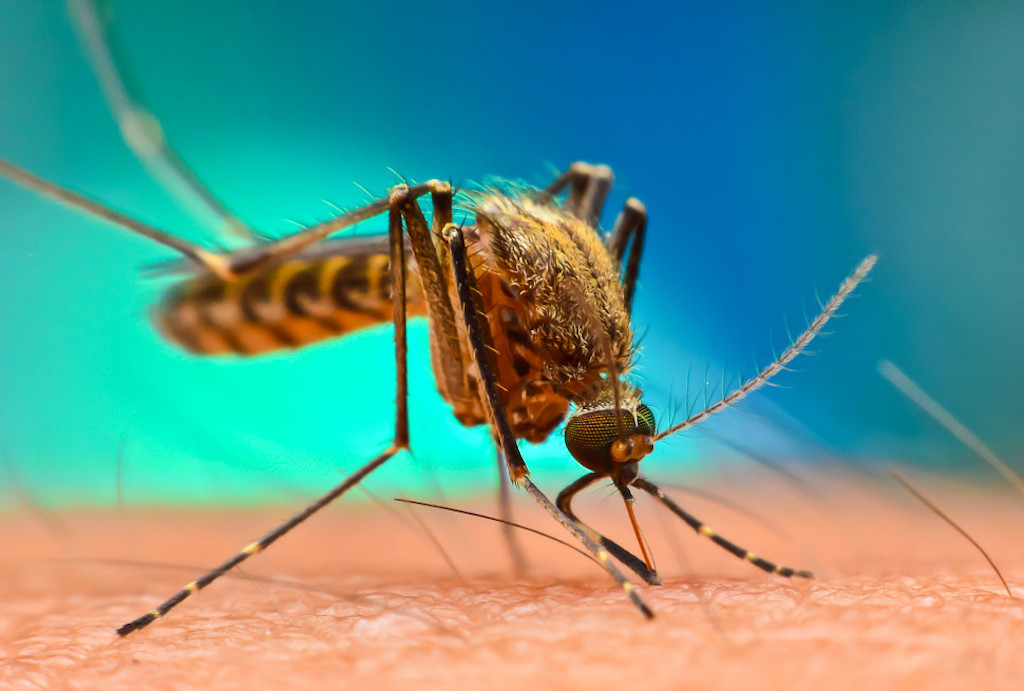World Mosquito Day: Why there is high malaria mortality in Africa – Experts
In commemoration of World Mosquito Day, experts have criticized African leaders for not investing in research and knowledge-based solutions to the disease.
Azeez Olaniyan, professor of environmental policy in the department of political science at the Federal University of Oye-Ekiti, in an interview with PREMIUM TIMES, said that African leaders have failed to facilitate local research that could lead to the discovery of drugs that will eliminate malaria on the continent.
"The fundamental thing that Africa must do to fight malaria is to invest in research that will lead to the discovery of drugs that can eliminate malaria," he said. “Part of the research also involves knowing how to eradicate the Anopheles mosquito by neutralizing its ability to transmit the disease to humans.
“Most of the research done to treat and control mosquitoes is not done in Africa. African governments haven’t really invested, they haven’t cared enough,” he added.
p>The Vice President of the Africa Medical Initiative, Ebuta Agbo, also said that African countries, including Nigeria, are not funding the health sector in terms of its human capital needs.
"It is not surprising when you look at the contribution to health expenditure per capita, in Africa the percentage of health expenditure is between $8 and $29 per capita, unlike other developed countries where we have as much as $4,000 per capita, this will show that it's a challenge.
“Again, when you look at the ratio of health workers, in Africa it is around 1.3 per 1000, but in highly developed countries and as recommended by SDGs, the goal is to have 4.3 per capita. This has not been achieved in Africa, especially in Nigeria."
Malaria burdenAmong the many policies and programs introduced, the African region still bears a high share of the global malaria burden due to lack of implementation.
"There are so many policies that the government has formulated but normally they don't implement them," Olaniyan said of these programs.

The Anopheles mosquito, mainly associated with tropical climates, is considered the deadliest animal in the world because it is a carrier of the malaria disease parasite responsible for the death of more than 627,000 adults and children worldwide.
Despite huge funding channeled into malaria prevention and control, this index indicates that while other tropical countries outside of Africa have significantly addressed malaria prevalence as a public health emergency, sub-Saharan countries, especially Nigeria, are still struggling to achieve their malaria elimination goals.
Nigeria, the worst-affected country with the highest malaria prevalence and death rate in the world, has since 2011 spent more than $1.3 billion on control and prevention malaria.
Funds are mainly received in the form of donations and grants from international donors, including the Global Fund, World Bank,

In commemoration of World Mosquito Day, experts have criticized African leaders for not investing in research and knowledge-based solutions to the disease.
Azeez Olaniyan, professor of environmental policy in the department of political science at the Federal University of Oye-Ekiti, in an interview with PREMIUM TIMES, said that African leaders have failed to facilitate local research that could lead to the discovery of drugs that will eliminate malaria on the continent.
"The fundamental thing that Africa must do to fight malaria is to invest in research that will lead to the discovery of drugs that can eliminate malaria," he said. “Part of the research also involves knowing how to eradicate the Anopheles mosquito by neutralizing its ability to transmit the disease to humans.
“Most of the research done to treat and control mosquitoes is not done in Africa. African governments haven’t really invested, they haven’t cared enough,” he added.
p>The Vice President of the Africa Medical Initiative, Ebuta Agbo, also said that African countries, including Nigeria, are not funding the health sector in terms of its human capital needs.
"It is not surprising when you look at the contribution to health expenditure per capita, in Africa the percentage of health expenditure is between $8 and $29 per capita, unlike other developed countries where we have as much as $4,000 per capita, this will show that it's a challenge.
“Again, when you look at the ratio of health workers, in Africa it is around 1.3 per 1000, but in highly developed countries and as recommended by SDGs, the goal is to have 4.3 per capita. This has not been achieved in Africa, especially in Nigeria."
Malaria burdenAmong the many policies and programs introduced, the African region still bears a high share of the global malaria burden due to lack of implementation.
"There are so many policies that the government has formulated but normally they don't implement them," Olaniyan said of these programs.

The Anopheles mosquito, mainly associated with tropical climates, is considered the deadliest animal in the world because it is a carrier of the malaria disease parasite responsible for the death of more than 627,000 adults and children worldwide.
Despite huge funding channeled into malaria prevention and control, this index indicates that while other tropical countries outside of Africa have significantly addressed malaria prevalence as a public health emergency, sub-Saharan countries, especially Nigeria, are still struggling to achieve their malaria elimination goals.
Nigeria, the worst-affected country with the highest malaria prevalence and death rate in the world, has since 2011 spent more than $1.3 billion on control and prevention malaria.
Funds are mainly received in the form of donations and grants from international donors, including the Global Fund, World Bank,
What's Your Reaction?






















